Spatial planning assessment: IPBES seeking experts, fellows, and a host organization
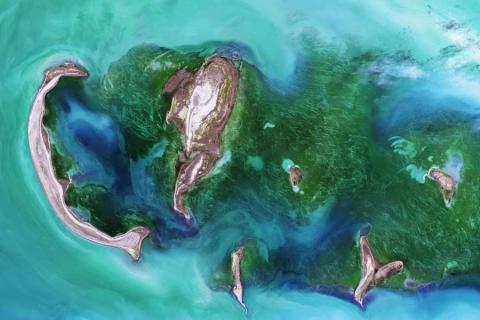
The first IPBES global assessment identified five direct drivers of biodiversity loss: invasive alien species, climate change, pollution, direct exploitation of natural resources — and land and sea use change with the greatest impact.
In response to that threat, IPBES will shortly undertake the methodological assessment of integrated biodiversity-inclusive spatial planning and ecological connectivity (spatial planning assessment). This assessment follows the so-called fast track approach: work will start in 2025 and will be completed in 2027 for the 14th IPBES Plenary. IPBES is seeking experts, fellows, and a host organization for the assessment's technical support unit.
Keep reading for an overview of the calls for this assessment. Would you prefer to discuss your options in person? >> Join the online dialogue on the nomination of experts and fellows (5 Nov 2024)
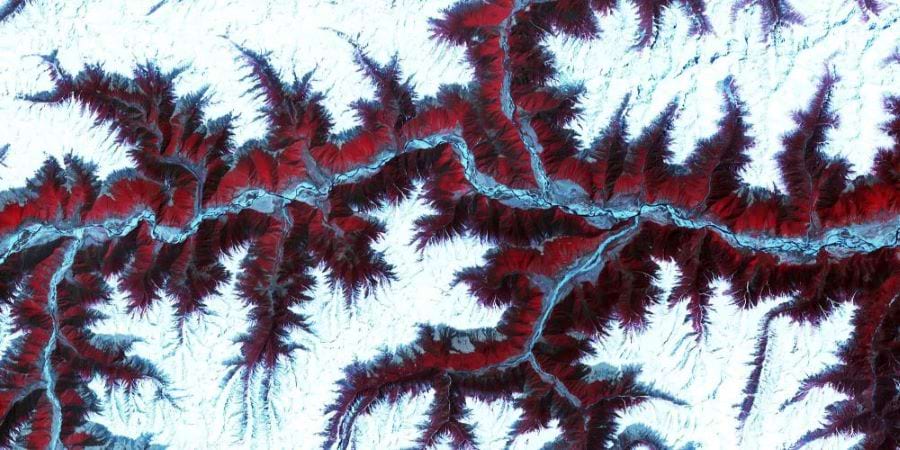
Topics of the spatial planning assessment
According to its scoping report, topics of this new assessment will include:
- options to avoid land and sea use change that negatively affects biodiversity.
- options to improve planning for effective conservation, restoration and sustainable use of nature.
- ways to integrate biodiversity considerations into spatial planning, and promoting connectivity.
- lessons learned and best practice for ecological connectivity.
- participatory approaches to spatial planning, including those involving Indigenous Peoples and local communities.
- ways to identify areas for conservation, sustainable use and restoration.
- the potential of spatial planning to reduce trade-offs and increase synergies between different types of uses of land, inland waters and sea waters.
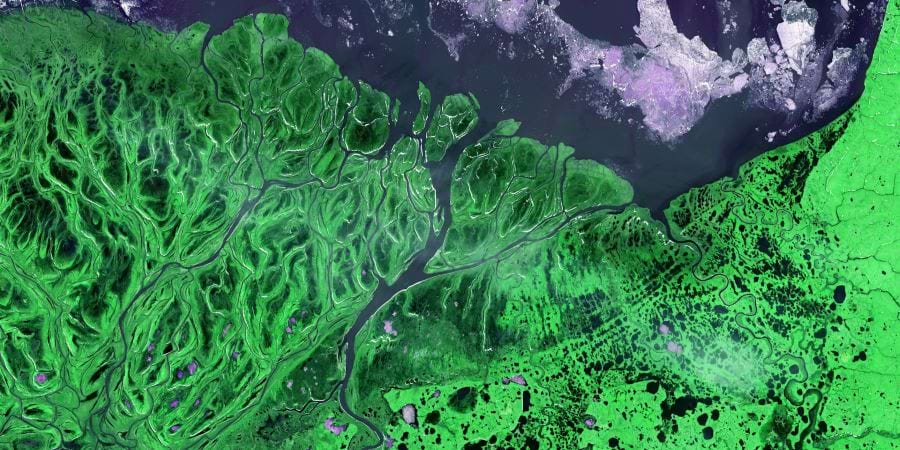
Call for experts, including authors
IPBES is seeking experts and practitioners from academia, government, and civil society with relevant expertise. These experts are expected to come from a range of disciplines, including but not limited to geography, ecology, conservation science (including protected area designation), land and water systems science, spatial planning, urban planning, architecture, law, political science and economics. For a more detailed list, please see the official call.
Experts include for instance different types of authors and review editors. Depending on their exact role, expert authors commit about 15-30% of their time to work on the assessment. All experts must also be available for the author meetings; the first meeting is tentatively scheduled for August 2025. For details on the different roles see tables 2.1 and 2.2 in the Guide on the production of assessments. Experts contribute to IPBES assessments pro bono. There is travel funding available for those from developing countries.
Both governments and relevant organizations may nominate experts. Nominating organizations are not required to hold observer status with IPBES. 80% of experts are typically selected among government nominees.
Deadline for nominees: 10 January 2025. Deadline for nominators: before 24 January 2025, whereby early nominations are encouraged.
>> See the official call: notification EM/2024/45
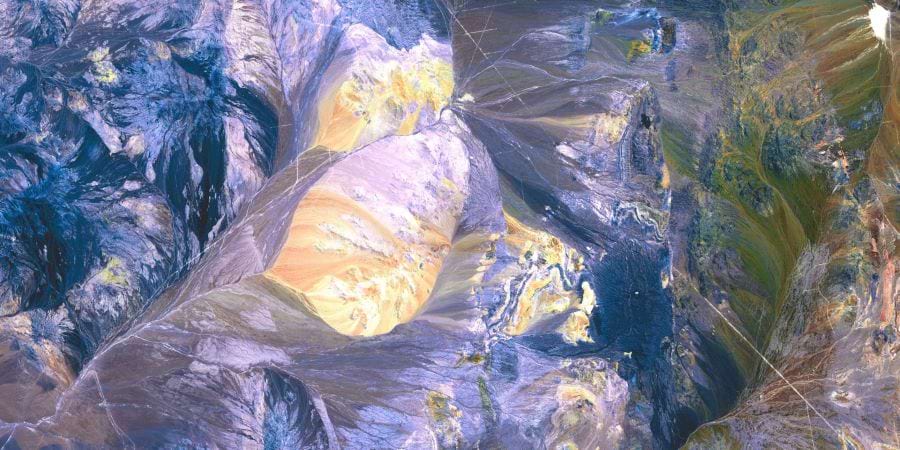
Call for fellows
The IPBES fellowship programme provides an opportunity for outstanding early-career individuals from all backgrounds and disciplines working on biodiversity and ecosystem services to participate in IPBES assessments. Fellows gain first-hand experience in participating in major multidisciplinary scientific assessments while working with, and being mentored by, leading experts.
"Receiving [my mentor's] guidance for tasks related to the assessment and beyond has been incredible. I've had an amazing experience overall [...] it's a great opportunity to meet people, take up new skills, and take part in group activities."
~ Pradeep Kumar Dubey, Nexus assessment-Fellow and member of the ONet facilitation team
Fellows are typically no older than 35 years and preferably should have completed their academic degree no more than 5-7 years ago. They commit about 15% of their time to the assessment they are working on. They also attend author meetings, training workshops, and the induction day. The first meetings are tentatively scheduled for August 2025. Fellows contribute to IPBES assessments pro bono; there is travel funding available for fellows from developing countries.
Both governments and relevant organizations may nominate fellows. Nominating organizations are not required to hold observer status with IPBES.
Deadline for nominees: 10 January 2025. Deadline for nominators: before 24 January 2025, whereby early nominations are encouraged.
>> Learn more about the IPBES fellows programme
>> Learn more about the nomination and selection process
>> See the official call: notification EM/2024/46
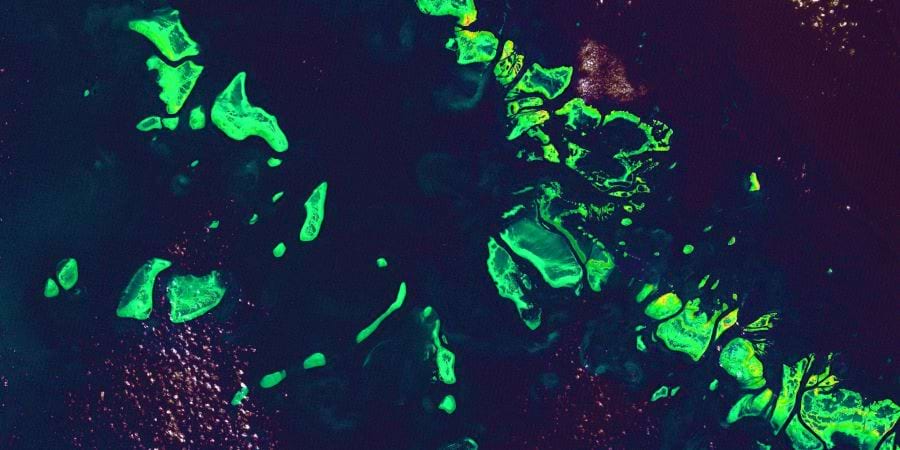
Call for offers to host the technical support unit
A technical support unit (TSU) complements the IPBES Secretariat in assisting an assessment process; it has a prominent role in an IPBES assessment and in producing the assessment report. The TSU organises and coordinates the assessment process, and supports the preparation of documents. It works under the authority of the IPBES Executive Secretary and collaborates with relevant IPBES task forces, teams for other IPBES outputs, and relevant external contacts. For further details, see the offer template.
Funding for the technical support unit is provided by the host organisation and the IPBES trust fund; for details also see the offer template.
Both governments and organizations are welcome to make an offer. Organisations are not required to hold observer status with IPBES. The most suitable institutions will be selected by the Bureau (see annex I to decision IPBES-7/1).
Extended deadline for offers: 17 November 2024.
>> See the official call: EM/2024/40
>> See the extension of the deadline: EM/2024/57
Satellite images by the United States Geological Survey on Unsplash. From the top: Tyuleniy Archipelago (Kazakhstan), Himalaya Mountains, Yukon Delta in Alaska (USA), Atacama Desert in Antofagasta (Chile), and the Great Barrier Reef in Queensland (Australia).
